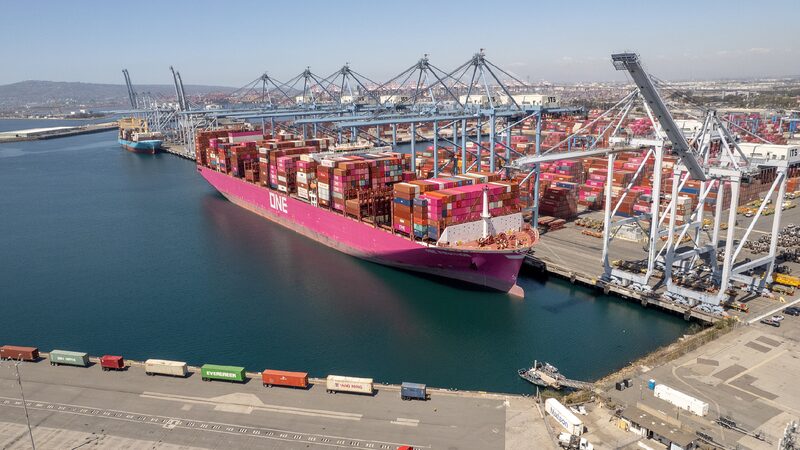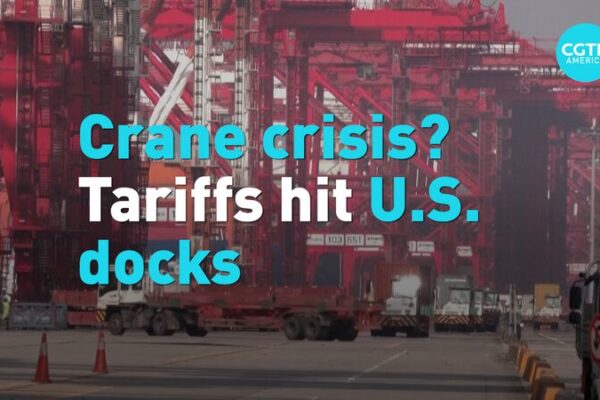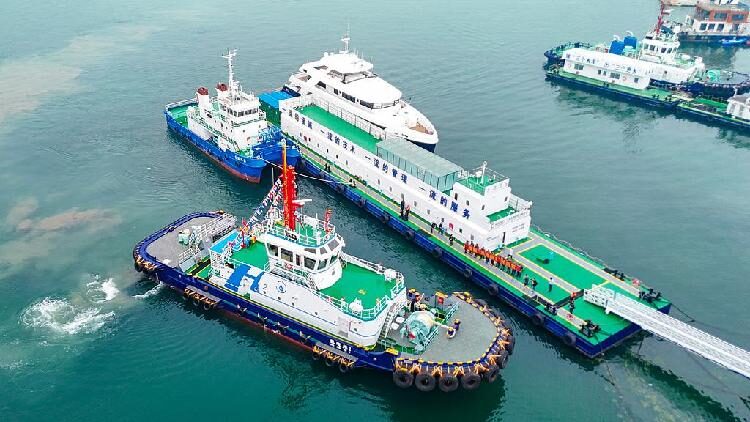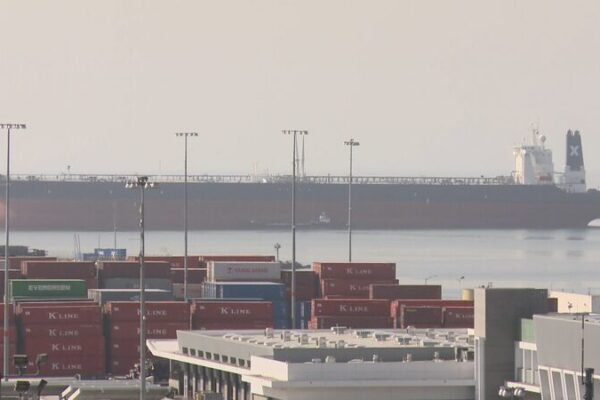Industry experts are raising alarms over a proposed U.S. policy that could impose hefty fees on vessels linked to China, warning that it might backfire and disrupt global trade.
The U.S. Trade Representative (USTR) has suggested a policy that would levy service fees on three categories of maritime operators:
- Those based in China.
- Operators with fleets primarily composed of Chinese-built vessels.
- Operators with pending orders for Chinese ships within the next 24 months.
The proposed fees are substantial. Chinese maritime transport operators could face charges of up to $1 million each time one of their vessels enters a U.S. port. Operators with fleets that include Chinese-built ships might be charged between $500,000 to $1.5 million per entrance. Even those with upcoming orders for Chinese vessels could see fees ranging from $500,000 to $1 million.
Unrealistic Conditions
To avoid these fees, vessel operators must meet stringent conditions: they must not be based in China, their fleets must have less than 25% of ships built in China, and they must have no orders with Chinese shipyards for the next two years. Given China’s dominance in global shipbuilding, experts argue these conditions are nearly impossible for most international operators to satisfy.
China’s Shipbuilding Dominance
China leads the world in shipbuilding, completing 55.7% of global orders in the previous year, according to the Ministry of Industry and Information Technology. It received 74.1% of new orders and accounts for 63.1% of the world’s hand-held vessel orders. This growth represents significant year-on-year increases in all three major indicators.
With more than half of the world’s cargo ships by tonnage being produced in China, shifting away from Chinese-built ships is a challenging proposition. USTR figures show that U.S. shipyards built just 0.01% of the total last year.
Economic Ripple Effects
Critics argue that the proposed fees could harm not only the global shipping industry but also the U.S. economy. Edward Gonzalez, CEO of Florida-based Seaboard Marine, stated, “National interest will not be served if the effort to boost American shipbuilding unintentionally destroys American-owned carriers.” Seaboard Marine relies heavily on China-built ships, with 16 out of its 24 vessels constructed there.
The agriculture sector might also feel the impact. Bulk agricultural exporters could face additional transportation costs ranging from $372 million to $930 million annually, according to the American Farm Bureau Federation.
Global Shipping Concerns
The potential fees could add $600 to $800 per shipping container, effectively doubling spot rates on critical trade routes, estimates the World Shipping Council. Major shipping lines like MSC, Maersk, and CMA CGM are preparing operational changes to mitigate financial impacts, but concerns remain.
MSC CEO Soren Toft warned that the proposed fees could cost the industry $20 billion, forcing carriers to abandon smaller U.S. ports or impose massive surcharges.
Looking Ahead
Imran Khalid, a geostrategic analyst, commented that reviving American shipbuilding “ignores fundamental economic realities” and would require decades and massive investment to compete with Chinese economies of scale.
The proposal is still under consultation, but experts worry that if implemented, it could have far-reaching negative consequences for global trade and the U.S. economy.
Reference(s):
Looming U.S. port fees on Chinese ships could backfire, experts warn
cgtn.com







